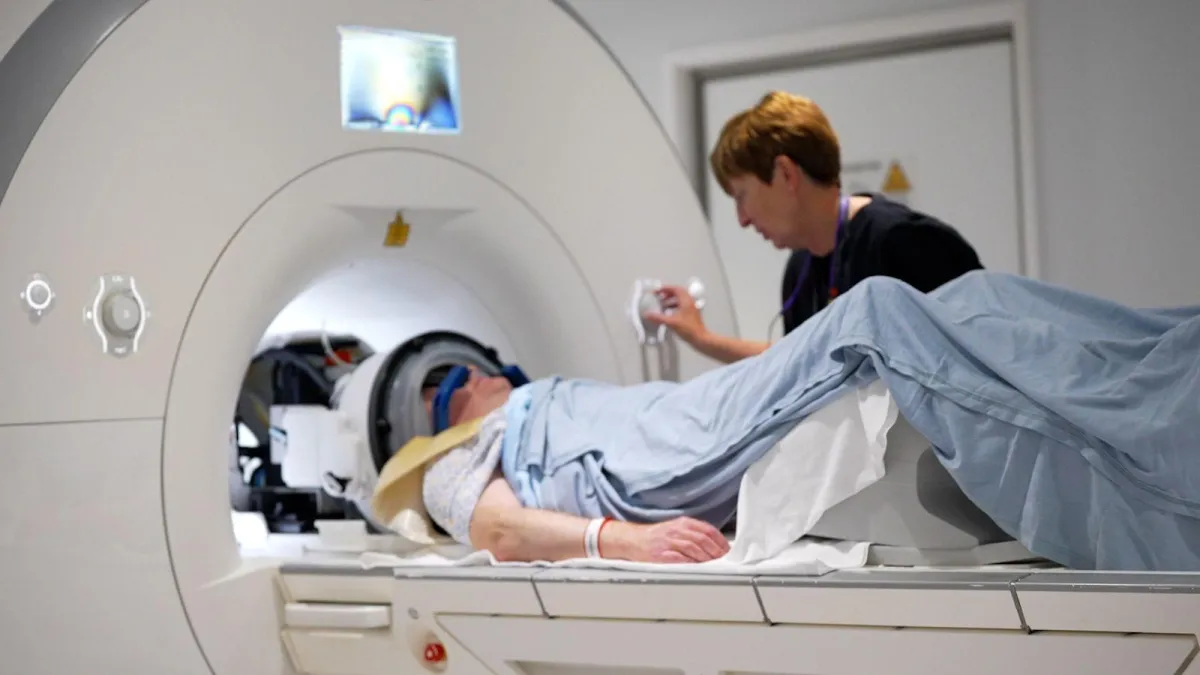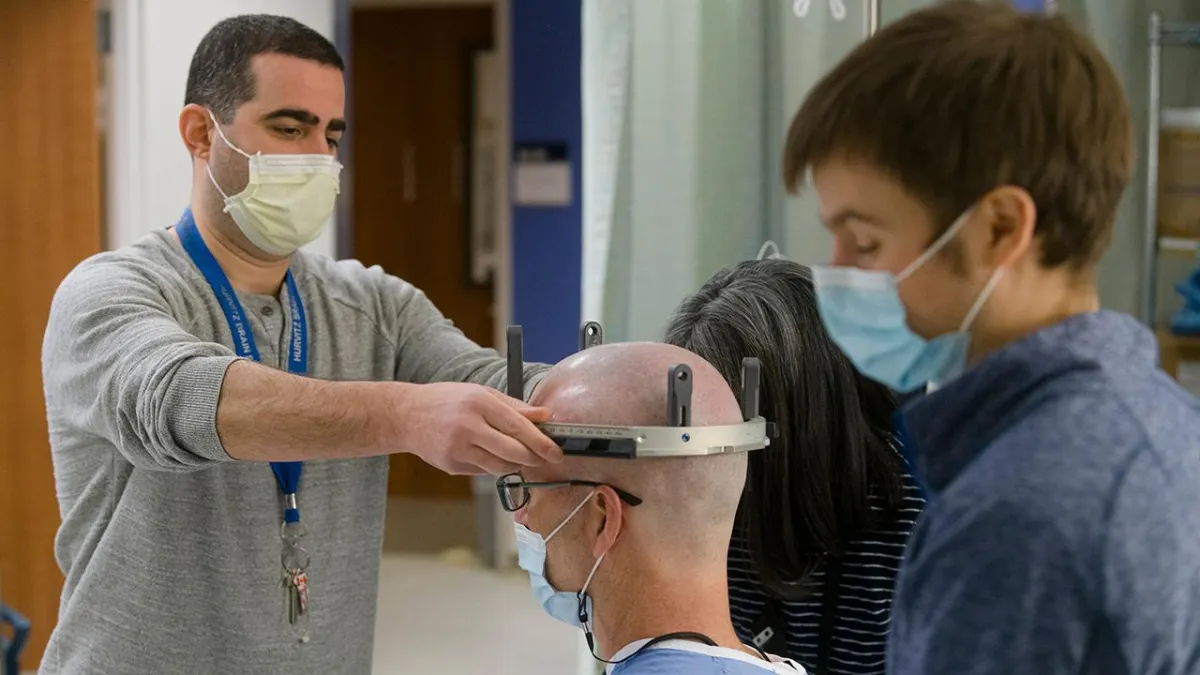TREMOR
Tremor: Causes, Symptoms, and Treatment
What Is a Tremor?
A tremor is an involuntary rhythmic movement affecting a body part, most often the hands, arms, head, legs, or voice. Tremors can appear on their own or as a symptom of a neurological disorder.
At Mir Neurology, you receive expert tremor diagnosis, accurate neurological evaluation, and personalized tremor treatment focused on improving daily function and quality of life.
Types of Tremors
Doctors classify tremor types based on cause, movement pattern, and when the tremor occurs.
1. Essential Tremor (ET)
The most common movement disorder.
Commonly affects the hands, head, or voice.
Appears during movement or action.
Often worsens over time.
Strong genetic link and family history.
2. Parkinsonian Tremor
A resting tremor that occurs with relaxed muscles.
Often starts on one side of the body.
A common sign of Parkinson’s disease.
Often occurs with muscle stiffness and slow movement.


3. Cerebellar Tremor
Occurs during intentional movement, such as reaching
Associated with stroke, brain injury, or multiple sclerosis
4. Dystonic Tremor
Affects people with dystonia.
Caused by involuntary muscle contractions.
Certain postures can reduce tremor severity.
5. Physiologic Tremor
A mild normal tremor is present in all people.
Becomes more noticeable with.
Stress or anxiety.
Fatigue or low blood sugar.
Caffeine, stimulants, or certain medications.
6. Orthostatic Tremor
A rare leg tremor that occurs while standing.
Causes a feeling of unsteadiness.
Stops with sitting or walking.
Causes of Tremor
Tremors can result from various neurological and medical conditions, including
Essential tremor (ET) – A common hereditary condition
Parkinson’s disease – A progressive neurodegenerative disorder
Multiple sclerosis (MS) – Affects nerve communication in the brain and spinal cord
Stroke or brain injury – Can damage movement-controlling areas of the brain
Hyperthyroidism – Overactive thyroid can cause hand tremors
Medication side effects – Certain drugs (e.g., stimulants, mood stabilizers) can cause tremors
Alcohol withdrawal – Tremors may appear when withdrawing from alcohol use


Tremor Diagnosis at Mir Neurology
Accurate tremor evaluation starts with a detailed clinical assessment and advanced testing.
Diagnostic testing includes
Neurological examination to assess movement, reflexes, and coordination.
Tremor analysis to evaluate frequency, pattern, and triggers.
Blood tests to identify thyroid disorders, metabolic conditions, and vitamin deficiencies.
MRI or CT scan to detect brain abnormalities.
Electromyography (EMG) to measure muscle activity.
Tremor Treatment Options
Treatment depends on tremor type, severity, and impact on daily activities.
1. Medications for Tremor
Beta blockers such as propranolol for essential tremor.
Anti-seizure medications such as primidone.
Dopaminergic therapy for Parkinsonian tremor.
Botulinum toxin injections for dystonic tremor and voice tremor.


2. Physical and Occupational Therapy
Strengthening exercises and coordination training.
Adaptive devices such as weighted utensils and stabilizing braces.
3. Lifestyle Management for Tremor
Reduce caffeine and stimulants to minimize tremors
Stress management techniques like meditation or deep breathing
Regular exercise to improve motor function and coordination
4. Advanced Tremor Treatments
Deep Brain Stimulation (DBS) – Implantation of electrodes in the brain to reduce tremor severity
Focused Ultrasound Therapy – A non-invasive treatment option for essential tremor and Parkinson’s tremors
Tremor Specialist Care in Hagerstown and Cumberland
At Mir Neurology, you receive comprehensive and patient-focused care from an experienced tremor specialist. Care begins with a detailed neurological evaluation to identify the exact type of tremor and its underlying cause.
Treatment plans focus on reducing tremor severity, improving daily function, and supporting long-term symptom management. You receive ongoing follow-up, medication adjustment, therapy coordination, and access to advanced tremor treatments when needed.
Our team serves patients across Hagerstown and Cumberland with personalized neurology care designed to restore independence, confidence, and quality of life.

Get Expert Help

If you or a loved one is experiencing memory loss or cognitive decline, early diagnosis is key to effective management. Consult with our neurology specialists for personalized assessment and care plans.
Our Locations
To learn more about our experience or discuss your treatment options, please call us at (301) 797-7600 or schedule a consultation today!
Get our wellness newsletter
Filter out the noise and nurture your inbox with health and wellness advice that’s inclusive and rooted in medical expertise.
Contact Us
Complaint and Queries
(301) 517-7636
About | Careers
© Copyright 2026. Mir Neurology. All Rights Reserved.
A Part of Highland Healthy Living. Powered By CareSyncMarketing



